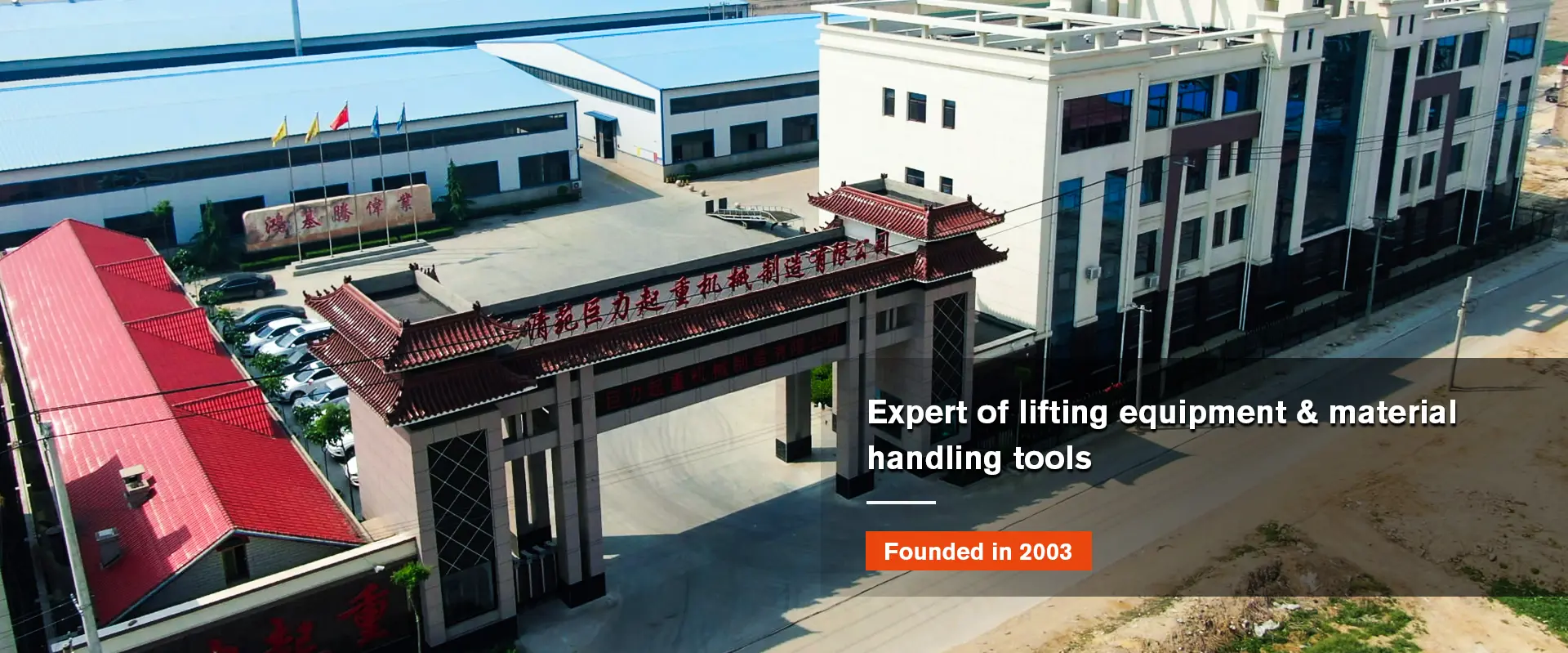


The Versatility and Importance of Pallet Trucks in Modern Warehousing
Pallet trucks, also known as pallet jacks, are essential tools in the logistics and warehousing industry. They are designed to lift and transport palletized goods with ease, making them indispensable for businesses that rely on efficient material handling. As global trade expands and e-commerce continues to flourish, the importance of pallet trucks in optimizing operations cannot be overstated.
At their core, pallet trucks consist of a platform with two forks that slide under the pallet, a hydraulic lifting mechanism, and a set of wheels for easy navigation. They come in various designs, including manual, electric, and even semi-electric models, catering to a wide range of operational needs. Manual pallet trucks require physical effort to lift and move loads, ideal for smaller operations or tight spaces. Electric pallets trucks, on the other hand, can handle heavier loads with minimal effort, making them suitable for larger warehouses and distribution centers.
One of the primary advantages of using pallet trucks is their ability to enhance efficiency in material handling. In a typically busy warehouse environment, time is of the essence. Workers equipped with pallet trucks can easily move multiple pallets in a single trip, significantly reducing the time spent on transporting goods. This increased speed not only boosts productivity but also lowers labor costs, making pallet trucks a cost-effective solution for businesses.
Moreover, pallet trucks are designed to minimize physical strain on workers. Manual handling of heavy pallets can lead to injuries and long-term health issues. By using a pallet truck, employees can transport goods while maintaining proper posture and reducing the risk of accidents. For warehouses that prioritize employee safety and well-being, integrating pallet trucks into daily operations is a proactive approach to health and safety management.

Another crucial aspect of pallet trucks is their versatility. They can handle a wide array of pallet sizes and types, including standard wooden pallets, plastic pallets, and even custom-sized pallets. This adaptability makes them suitable for various industries, from food and beverage to pharmaceuticals and retail. Additionally, some manufacturers offer specialized pallet trucks that cater to specific needs, such as those designed for handling heavy-duty or oversized loads.
In recent years, technological advancements have seen the evolution of pallet trucks. For instance, electric pallet trucks now come equipped with features such as built-in scales for weighing loads, digital displays for monitoring battery life, and enhanced maneuverability through improved wheel designs. These innovations allow for more efficient operation and better management of inventory.
However, despite their many benefits, it is essential for businesses to choose the right pallet truck for their specific needs. Factors like load capacity, battery life for electric models, and the physical layout of the warehouse should all be considered when selecting a pallet truck. Proper training for employees is also imperative, ensuring they understand how to operate the equipment safely and effectively.
In conclusion, pallet trucks play a pivotal role in the efficiency and safety of modern warehousing operations. Their ability to streamline processes, reduce physical strain, and adapt to various operational needs makes them a cornerstone in material handling. As businesses continue to grow and evolve, investing in high-quality pallet trucks will remain a smart decision for enhancing productivity and maintaining a competitive edge in the market. Whether in small warehouses or large distribution centers, the utility of pallet trucks is undeniable and will continue to shape the future of logistics.



